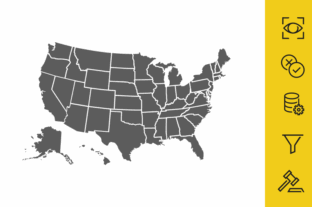2018 Digital Analytics & Data Governance Report

The goal of data governance is to ensure data is accurate, accessible and actionable.
But how common is data governance as a business priority? And how much benefit does data governance actually provide to the enterprise?
ObservePoint surveyed more than 500 industry professionals to get a pulse on the role of data governance in their organizations. In the process, we uncovered some fascinating insights. For example:
- Companies with executives in charge of data governance have 43% greater confidence in data
- 25% of companies cite lack of human resources as the top challenge of data
- And more







